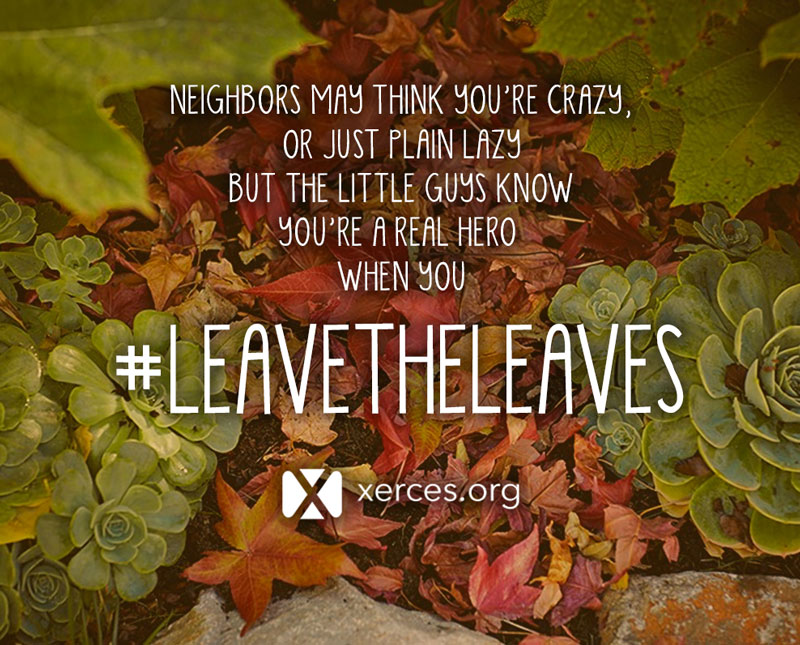.jpg) |
| NPS photo, Public domain, via Wikimedia Commons |
I swatted my first mosquito this week and another this morning. The ones I dealt with were the larger ones, which according to the press release from the health department, are not disease carriers, but they can still bite. Fortunately, mosquitoes don't generally like me that much. I get bit, but not nearly as much as the rest of my family who end up covered with big welts when they go outside in the summer. Supposedly, mosquitoes are attracted to people by carbon dioxide. I am wondering if the fact I have a relatively low heartrate (usually around 55 bpm) might be part of the reason they don't seem to find me as delectable as they find others.
Last year I noticed a lot of homes in town had signs indicating they had a service treat their lawn for mosquitoes. I won't mention the name of the service, since I don't know what they use (their ad says "natural controls," but those words don't always mean what some of us might assume they mean).
I attended a webinar by the Xerces Society this past week, called "The Truth About Mosquito SPrays: Investigating Their Impact on Pollinators". I checked to see if it was on their YouTube channel yet so I could share it, but couldn't find it. So I will summarize some of the important parts.
It would stand to reason that a chemical that would kill mosquitoes might also kill other insects.
40% of invertebrates pollinators may be facing extinction, so anything that threatens them should be of concern. I wasn't aware that mosquitoes do drink nectar and are pollinators of some plants. It appears plants such as tansies and blunt-leafed orchids prefer mosquitoes.
Of course, for us, the big concern is the transmission of disease. Not all mosquitoes vector diseases. In fact, of the 176 species of mosquitoes in North America, only 2 species transmit diseases. And not all mosquito species drink blood.
We all know that when it rains, the mosquito population explodes. With the rain we having over the past couple of weeks, it is no surprise the mosquitoes are coming out. Mosquitoes only need a bottle cap full of water to propagate. They can survive with no water for up to 8 months and overwinter as eggs. Once the eggs hatch, the larva eat microorganisms in the water and transform into adults in 5 days. Their entire lifespan is just 8 - 10 days, with each female laying up to 500 eggs. You can see how the population can explode quickly.
Mosquitoes are most often controlled by pyrethroids. These pesticides are highly persistent in the environment and can persist for weeks or months. They are toxic to other insects, including bees. Generally, chemicals called synergists are added to the pyrethroids to increase their toxicity. To control adult mosquitoes, these chemicals can be administered as a home barrier spray of by fogging.
Risks to insects other than mosquitoes have been documented. Monarch caterpillars fed leaves treated by barrier sprays have much lower survival rates and both monarch and bee die-offs are documented after fogging.
This webinar reported on the results of a study conducted by the Xerces Society over the summer of 2023. The studied the difference in the numbers and quantities of pesticides in yards that were sprayed with mosquito barrier sprays, yards of neighbors to those yards, and yards subjected to fogging.
Results:
- In yards with a service the average level of pyrethroids was 6.6 times the lethal honey bee dose, although the highest was 34.4 times the lethal dose.
- In yards adjacent to yards sprayed for mosquitoes, the average level of pyrethroids was 0.12 times the lethal honey bee dose, although the highest was 2 times.
- Fogging was the least harmful. The average yard in a fogged area showed 0.03 times the lethal honey bee dose and highest was 0.13 times.
There could be harmful effects beyond death for pollinators. What are the potential long-term impacts on individuals and populations?
The conclusion is that spraying your yard for mosquitoes has a high risk to other pollinators. For those of us with pollinator gardens, this leads to a couple of conclusions. First, we shouldn't be spraying pesticides in our yard. If we have a neighbor who has a mosquito spray service, drift can be an issue. You might put nonflowering plants as a barrier to drift and plant your pollinator plants on the opposite side of the yard.
If you don't use pesticides, how can you protect yourself from mosquitoes?
- Eliminate standing water. Remember how little water is needed for mosquitoes to propagate and dump out standing water.
- If you have a pond or water feature, have a pump or fountain to move the water. Mosquitoes prefer standing water. Also add diverse planting to encourage critters than eat mosquitoes and their larvae, such as dragonflies, damselflies, diving copepods and water bugs.
- Mosquito dunks (although these can also be toxic to some flies in the same order, such as craneflies, they are not a broad in their toxic impact on other insects).
- Wear long sleeves when outside.
- Wear insect repellent,
- Check your window screens for holes.
- When you are outside, use a fan. You may have noticed that you get bit a lot less when it is a windy day.
Yes, mosquitoes are a nuisance, but we need to be careful not to cut off our nose to spite our face.




